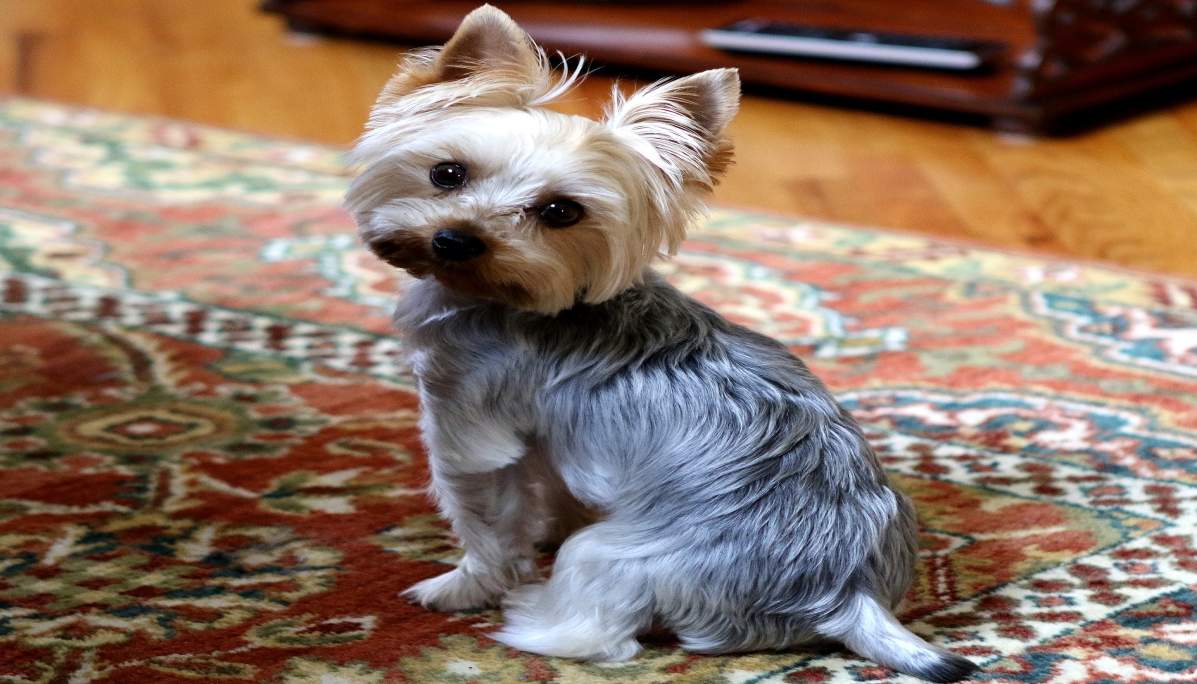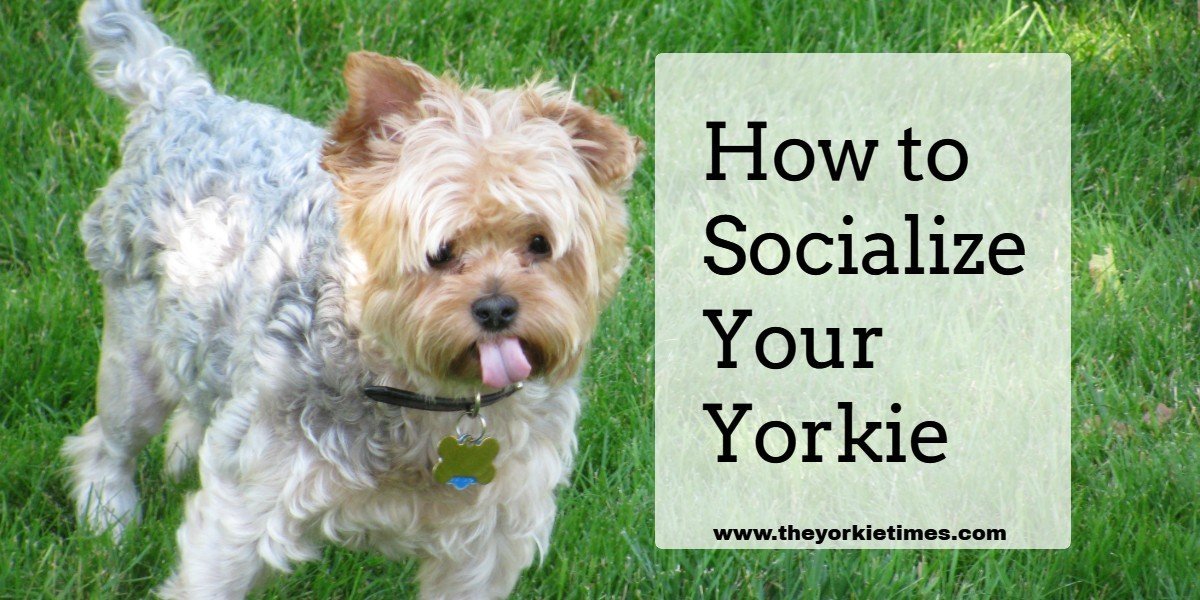Bringing a new puppy home can be one of the most exciting times in your life. But with owning a puppy comes the responsibility of house-breaking them. Housebreaking can be a tough and frustrating process, but it’s an important and necessary one. In this article, we will delve into the fundamentals of housebreaking, including tips and tricks on how to housebreak your pup successfully.
1. What is House Breaking?
Understanding House Breaking
It is referred to as many things… housebreaking, potty training, pot trained, etc. Housebreaking is the process of training your pup to eliminate outside the house or only in a designated potty area. It’s a vital skill that not only makes your life easier but also ensures that your pup is happy, healthy and fits into your lifestyle.
Why is House Breaking Your Dog Important?
Housebreaking is an essential part of dog training that helps to maintain a clean and healthy living environment. Pee and poop accidents inside the house can be not only unsanitary but also damages property and cause unpleasant smells. Furthermore, it’s good for your dog’s hygiene and overall well-being to create a routine where they relieve themselves outside.
The Fundamentals of House Breaking
Patience and consistency are essential during housebreaking, and maybe a pee pad or two… dozen! It’s important to establish a routine and stick to it. Remember to praise your puppy for good behavior, and supervise them to prevent accidents. Be mindful that puppies have no control over their bladder and bowel movements, and so you will have to create a schedule that takes this into account. Typically, a puppy may need to go potty after naps, an hour after drinking fluids, and after eating.
Mine won’t go out when it rains, and refuse puppy pads. The only other time we have accidents is when we leave even if it’s a short walk, my male will go in the house as revenge. – Kayla, The Yorkie Times Community Member
2. How to House Train a Puppy?
The Basics of Puppy Potty Training
The best way to house-train a puppy is to start with frequent potty breaks outside, and slowly increase the time between them. Take your pup to the same area outside consistently so that they associate that area with going potty. Use verbal commands like ‘go pee’ or ‘go potty’ when your pup is doing its business to establish a connection between the action and the command. Reward your pup for good behavior with treats, and lots of praise.
Crate Training Your Puppy
Crate training is an effective way to housebreak your pup, as it provides a safe and secure environment for them. Dogs have an innate desire not to soil where they sleep, so crate training will encourage them to hold their bladder or bowel movements until you take them outside. For this purpose, the crate should be the right size for your dog, not too constricting, but also not too big.
We crate-trained Loki and it ended up becoming his safe space whenever company was over and he didn’t want to deal with people anymore!
The Benefits of Housetraining Your Puppy
Did you know that ensuring your Yorkie is house-trained will help you with travelling together? Think about it, a well-trained pup is easier to travel with, and homeowners are willing to rent to those with well-disciplined dogs. Furthermore, maintaining a routine can ease anxiety and stress for dogs, which is key to a happy and healthy pet.
3. How to Potty Train an Adult Dog?
Different Techniques for House Breaking an Adult Dog
While the process of housebreaking an adult dog can be more challenging, using similar techniques as with a pup can work. Remember to establish a routine, use positive reinforcement, and supervise them to prevent accidents. Watch out for signs that your dog needs to go, such as turning around in circles or sniffing around.
We were very lucky with Jasper as he took the lead from our car Fluffers. He saw him use the litter tray & he did the same. For many days we wondered how the cat had pee’d in the centre of the tray. Then I caught Jasper in the act – legs splayed out in all corners going for a pee. Lol
We do have pee pee pads in the bathroom now as we’ve lost our cat. Trixie our 1st Yorkshire Terrier was slightly harder to train even though we had the cat at the time. Patience & regular taking out for pee pee eventually worked. – Nadine, The Yorkie Times Community Member
Identifying The Causes Of House Soiling In Older Dogs
It’s essential to understand why your adult dog is not following the potty rules. Health issues such as bladder infections or bowel problems may be causing the house soiling. Consult with your veterinarian and identify the root cause of the problem, and take the necessary measures to rectify it.
Tips On How To Housebreak An Adult Dog Successfully
Be patient and consistent with your training. Use positive reinforcement, and increase outdoor time slowly. Keep them on a leash when outside and take them to the same spot every time. You can also use potty pads indoors but be sure to praise your pup for using them and gradually move them closer to the door until they eventually enjoy going outdoors.
Get The Yorkie Times Newsletter delivered to your inbox!
4. Confining Your Puppy
The Role Of Crate Training In Housebreaking
Confinement can be an efficient tool when housebreaking a pup. It’s important to note that confining your dog does not equate to punishment. Instead, it provides a consistent and secure space to teach them good potty habits. Crate training can help your pup develop a sense of independence and become comfortable with the idea of being alone.
How Long Should You Confine Your Puppy?
The time in which you confine your pup depends on their age, size, and breed. It’s recommended that puppies should go outside for a potty break every hour if they’re two months old. As they get older, the time between breaks can increase gradually. Use your discretion and take cues from how long your puppy can hold their bladder.
The Importance Of Outdoor Time For Your Puppy
Outdoor time is essential for your puppy’s physical and mental health. It’s a chance for them to socialize, exercise and explore their surroundings. Take them on daily walks and allow them to slowly interact with other dogs and people. Remember to be mindful of your environment, and clean up any urine or feces left behind.
5. Common Problems In House Breaking
Puppy Needs Versus Wants: Understanding The Difference
Puppies have a short attention span, and their needs can change frequently. They may have just gone potty outside, but they still want to play. Be mindful and watch for signs that your pup needs to go out, such as sniffing around or turning in circles. Use the word ‘potty’ or another command to get them back in the potty mindset.
How To Recognize Signs That Your Puppy Needs To Eliminate
Other signs that your puppy may need to go outside include pacing back and forth, scratching at the door, or ringing bells you’ve placed near the door. As a puppy gets older, they may become more subtle in their signals and hold it for longer periods of time, so it’s important to pay attention to their individual cues.
Establishing a routine for potty breaks also helps prevent accidents. Take your puppy out first thing in the morning, after naps, after meals, and before bedtime. Gradually increase the time between potty breaks as your puppy becomes more reliable.
Dealing With House Soiling: Tips And Tricks
When accidents happen, it’s important not to scold your pup or rub their nose in it. Doing so can cause anxiety and frustration for your dog, and it’s not an effective way to train them. Instead, clean up the mess, and use a vinegar and water solution to get rid of any scent that might encourage them to return to that spot. Be patient and vigilant, and don’t give up on the housebreaking process.
6. How to Correct Your Dog’s Mistakes?
Correcting Housebreaking Mistakes: Dos And Don’ts
When catching your pup in the act of eliminating indoors, say ‘no’ firmly and get their attention. Take them outside immediately to their designated potty area to show them where they should have gone. Use positive reinforcement and praise them when they eliminate outside. It’s important to praise and reward your puppy when they go potty outside. By rewarding good behavior with treats, praise, or playtime, you are reinforcing the desired behavior and increasing the likelihood that your dog will repeat it in the future. This reinforces the behavior you want and encourages them to continue it.
Appropriate Punishments For Accidents
If your puppy does have an accident inside, clean it up thoroughly with an enzymatic cleaner to remove the scent and discourage them from going in the same spot again. As previously mentioned, rubbing your dog’s nose or punishing them is not an effective training method. Instead, teach them what the correct behavior is and reward them for it. Positive reinforcement should be the backbone of your training procedures. It is also important to be consistent in your training and to set clear boundaries and expectations for your dog. Remember, patience and persistence are key to successful training!
How To Prevent Housebreaking Accidents Before They Happen
Be proactive in your approach to housebreaking. Supervise your pup, anticipate their needs, and keep them on a consistent schedule. Crate training can also be an effective way to prevent accidents before they happen, as it provides a secure space in which they can stay when you’re not available to supervise them.
Remember that house breaking your dog requires patience, consistency, and dedication from your end. With these tips, you’re on your way to achieving a well-trained and well-behaved pup in no time!





Recent Comments